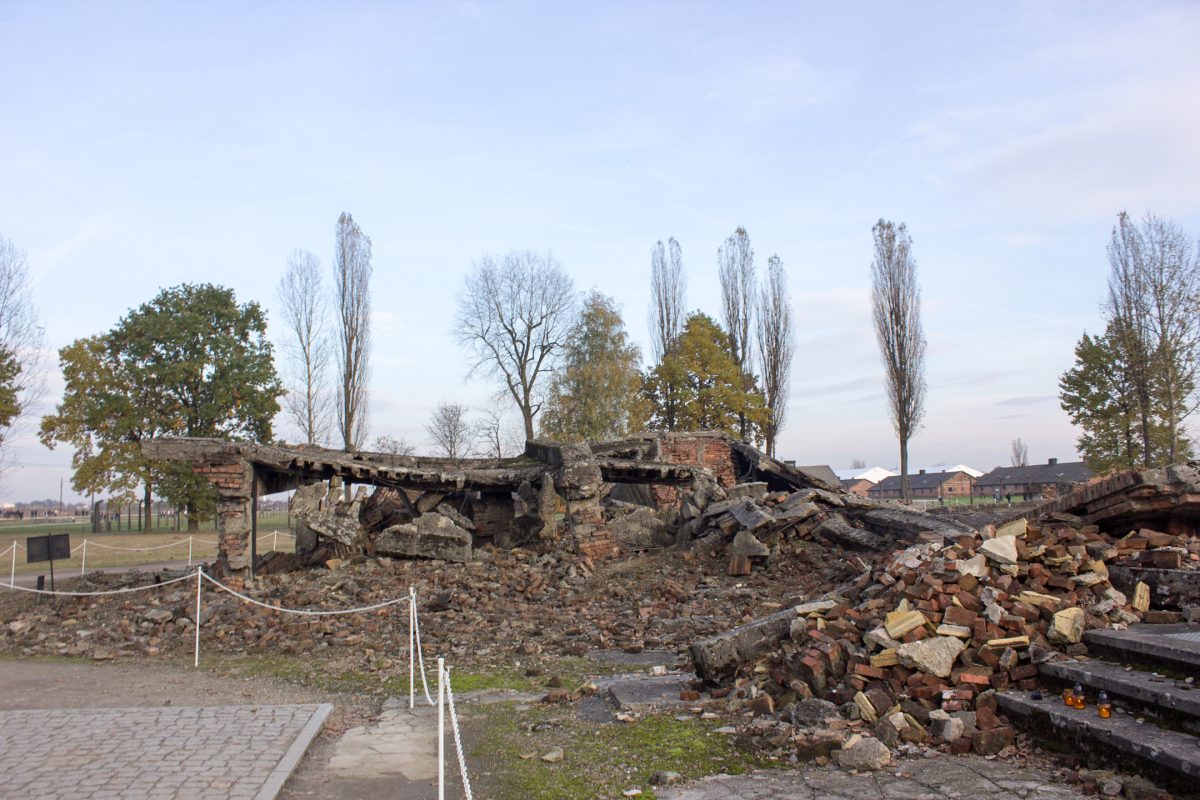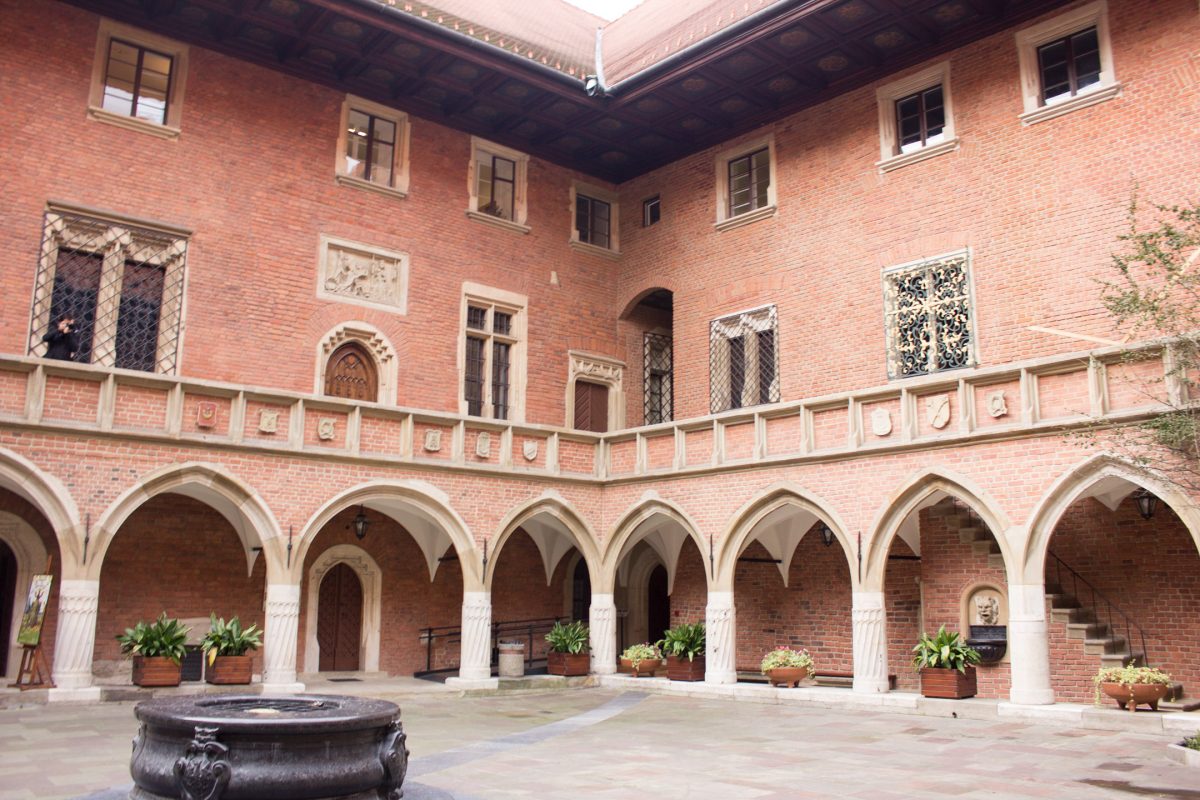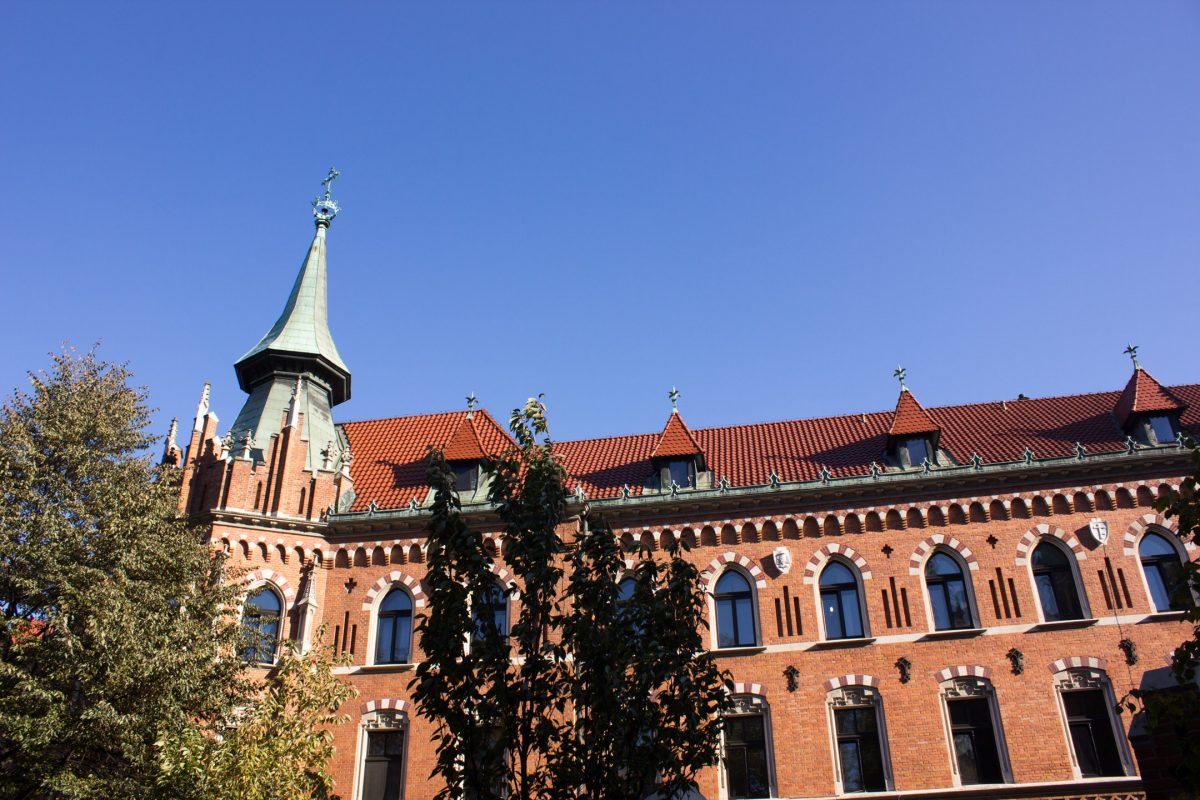One death is a tragedy. One million deaths is a statistic.
The human mind is a miraculous thing, but it’s also a flawed thing. We weigh emotions far more highly than we do logic, which is how something like the quote above comes into being. To the human mind, a single death is a tragedy – a life snuffed out, an intelligent being gone from the world. A million deaths, though? We can’t comprehend that in the same way; instead of a million tragedies, a million lives gone unlived, untold billions of hopes and dreams obliterated, it’s just… a number.
In the years 1940-1945, the Nazis deported at least 1,300,000 people to Auschwitz:
1,100,000 Jews
140,000-150,000 Poles,
23,000 Roma (Gypsies),
15,000 Soviet prisoners of war,
25,000 prisoners from other ethnic groups.
1,100,000 of these people died in Auschwitz. Approximately 90% of the victims were Jews.
On Monday afternoon, we arrived at Oświęcim, a town of about 40,000 people about an hour away from Krakow. As towns go, it’s fairly normal – the most notable thing I can remember seeing was a mall that was utilizing a KFC as an anchor store.
And then you hit the edge of town, and find out why the name seems ever so slightly familiar: three quarters of a century ago, the Nazi government of Germany decided they needed somewhere to put their prisoners. Having recently conquered Poland, they decided they wouldn’t waste any of their precious homeland on prisoners, and allocated some land in their new largesse. With a characteristic disdain for everyone they were in control of, they wrote off the Polish language – and all the Polish names for places – and renamed the town.




